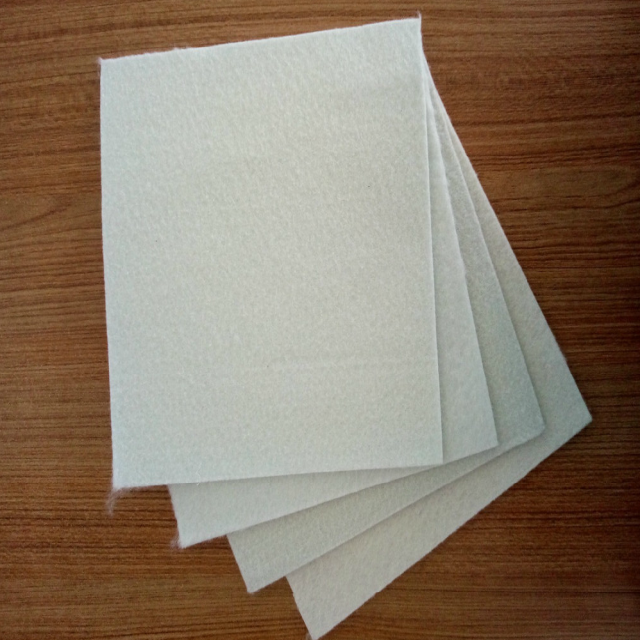The composite geomembrane uses plastic film as an impermeable base material and is composited with a non-woven fabric. Its impermeability mainly depends on the impermeability of the plastic film. Plastic films used in anti-seepage applications at home and abroad mainly include polyvinyl chloride (PVC), polyethylene (PE), and ethylene/vinyl acetate copolymer (EVA). They are a kind of polymer chemical flexible material with a small specific gravity and extensibility. Strong, high adaptability to deformation, corrosion resistance, low temperature resistance, and good frost resistance.
The service life of composite geomembrane is mainly determined by whether the plastic film loses its anti-seepage and water-repellent effect. According to the Soviet national standard, the polyethylene film with a thickness of 0.2m plus stabilizer for hydraulic engineering, under clear water conditions The working life can reach 40-50 years, and the working life under sewage conditions is 30-40 years. Therefore, the service life of the composite geomembrane is sufficient to meet the service life of the dam anti-seepage requirement.
